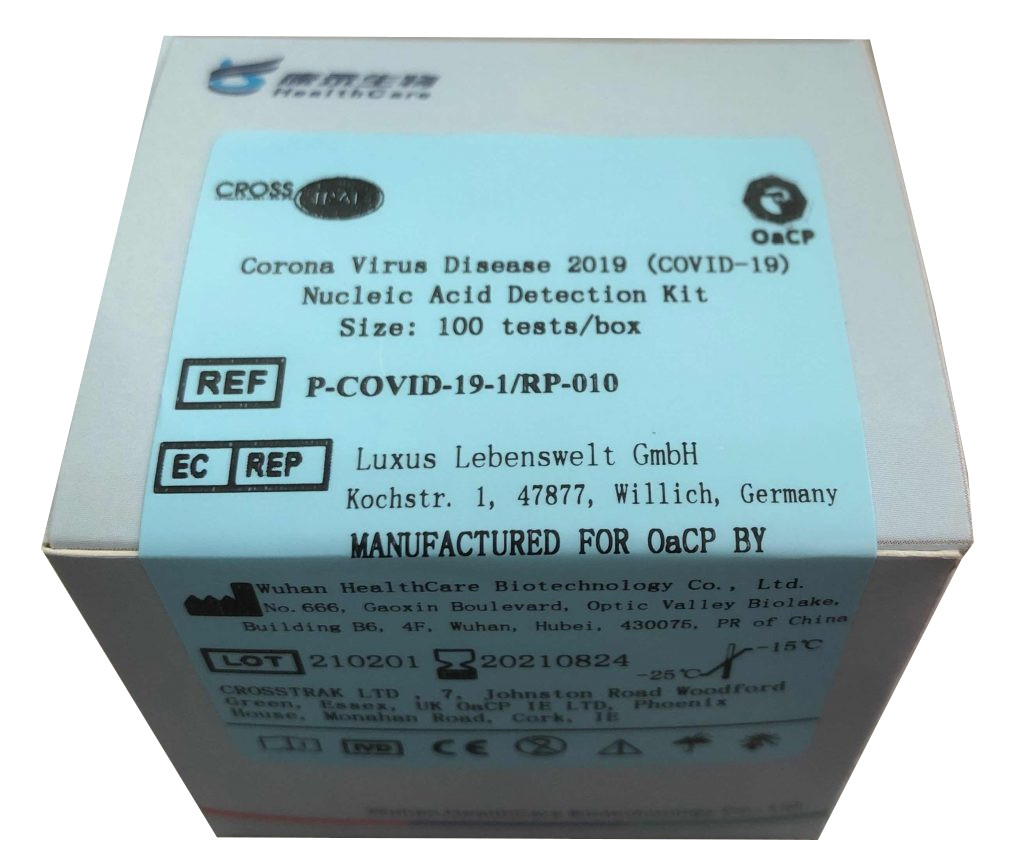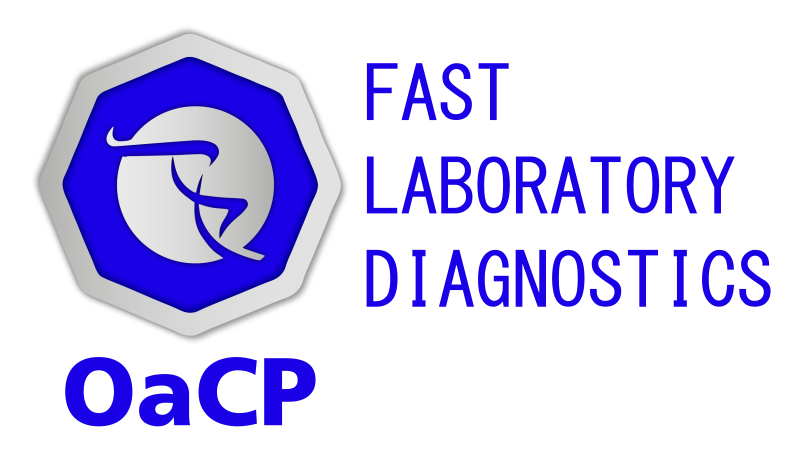Omicron tracked in 77 countries
The latest WHO weekly report, dated 12/13/2021 reveals that the number of people affected by Omicron is increasing sharply worldwide.
Omicron variant is characterised by more than 30 mutations in Spike region and has been split into two clades: BA.1 and BA.2.
Impact of Omicron variant
Appears more and more evident how Omicron has characterised by a growth advantage over other circulating variants (as evidenced by the prevalence data shown in the WHO and UHSA weekly reports).
What is most concerning is the ability to evade the vaccine-induced immune response, as the very first cases represented by vaccinated travelers.
Ineffectiveness of the SGTF diagnostic methodology
The diagnosis of most part of Omicron confirmed cases came from a two-step process:
- identification of Omicron variant through S Gene Target Failure (SGTF)
- confirmatory sequencing
This two-step process is valid only for the BA.1 clade of the Omicron variant but cannot be applied to the BA.2 form, which does not show the typical deletion of the S gene underlying the SGTF method and which therefore makes this workflow unusable.
In the absence of updated procedures, there could be a worrying underestimation of the cases linked to the BA.2 clade.
How to do diagnosis for Omicron?
To proceed with the two-step workflow ( molecular diagnosis + confirmatory sequencing), it is necessary to use a molecular diagnostic test aimed at identifying at least one of the mutations characterizing this variant.
This will allow characterizing the two clades of the Omicron BA.1 and BA.2 variant, also obtaining a double result:
- elimination of false-negative
- upstream selection, and therefore reduction, of the samples that will be sent to sequencing services
It is of primary interest, given the growth of new circulating cases, to shorten diagnosis times as much as possible through the use of tests that also allow verifying the positivity of both circulating forms of Omicron variant thus reducing the risk of false negatives.
Written by Simone Di Giacomo, PhD, OaCP R&D Manager





